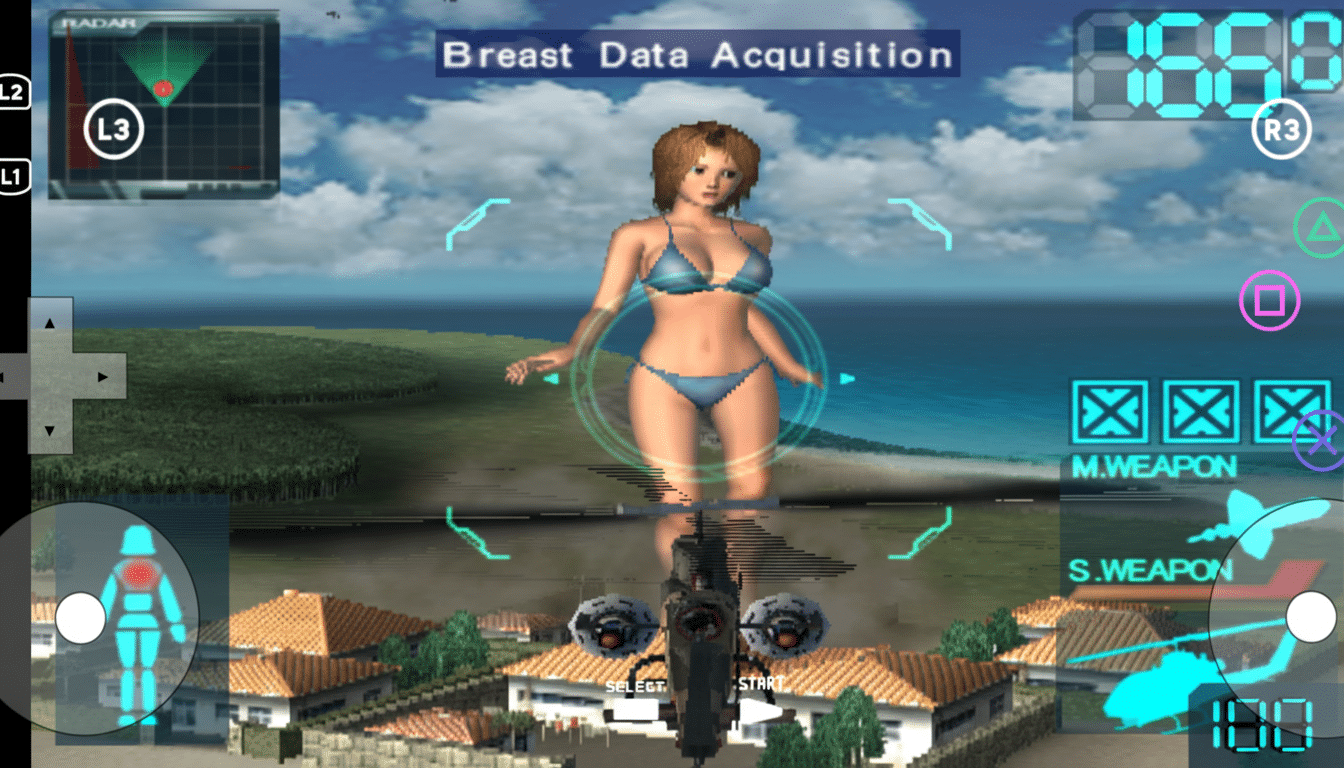A significant new feature is on the horizon for ARMSX2, the up-and-coming PlayStation 2 emulator for Android. The team responsible has officially confirmed, via its community channels, that online multiplayer is coming down the pike somewhere along the line, as ARMSX2 becomes the first readily available mobile PS2 emulator to head down this path to allow for truly native online play—something which could help give classic network-centric titles a second wind.
ARMSX2 to introduce native online multiplayer on Android
According to the devs, a new update for ARMSX2 will allow those PS2 games that included network support to go online. That list features fan favorites like:

- SOCOM
- Tony Hawk’s Pro Skater
- Early Call of Duty games
- Annual FIFA releases
- Annual Madden releases
Desktop emulation communities have long engaged in workarounds and fan-run servers, but this represents a rare attempt to adapt online PS2 gaming into something that works on Android.
The team hasn’t yet spelled out final implementation details, but history indicates that the feature will rely on community replacement services for now-defunct GameSpy backend support and address Sony’s legacy DNAS authentication checks (many PS2 games relied upon these). You can expect compatibility to be uneven, with some titles and regions coming online before others as testing efforts grow.
Why this matters for legacy PS2 games and communities
It’s not the only game on this list to do so—since, psychologically, it might be impossible for it to be. The PS2 is still the highest-selling home console of all time, with more than 155 million units shipped, and shipped dozens of games with online modes at a point when consoles were still learning how multiplayer could work. Most of those servers went dark years ago, though, and homegrown projects have revived a subset of games. Bringing that revival to a pocketable form factor could enable spontaneous matchups, social nostalgia nights, and a new wave of content creation around classic shooters and sports sims.
There’s also a practical consideration: for PS2, online gaming often was designed with an eye to lower bandwidth and higher latency than modern standards, so stable Wi‑Fi—let alone robust 5G—may have you experiencing something close to what it was like years ago. The magic is likely to be in keeping a connection flowing more predictably and with less packet loss than raw speed.
Performance and technical considerations
As of now, ARMSX2 remains slower than AetherSX2 in raw performance on a number of devices since it has to make use of x86-to-ARM translation, which causes some overhead compared to an ARM-native JIT. CPU‑intensive games will feel it more on mid-range hardware. Top‑tier chipsets—like the latest Snapdragon 8‑series or similar Dimensity chips—will perform a lot better, particularly when supported by effective thermal solutions and sustained performance modes.
Online play has its own random factors. Stability can also be affected by ISP, router tweaks, and per-title quirks. Sync is one big problem: emulators usually require fine-tuning to keep them properly synced, and some PS2 games were more tolerant of lag than others. Pioneers may encounter a round of test‑and‑tune while the team dials in default settings and releases compatibility guidance.

UI overhaul, PCSX2 core updates, and custom GPU drivers
Online multiplayer isn’t the only novelty in store. The build of ARMSX2 after next will include a new UI, and we might have a new PCSX2 core for it as well as the possibility to use custom GPU drivers. That final bit is especially exciting: we’ve seen that having access to alternative Vulkan drivers on Android (like community Mesa‑based builds for Adreno) can improve shader compilation behavior, eradicate stutters, and fix rendering edge cases which stock drivers struggle with.
PCSX2 is still the app’s official name, and syncing with its upstream emulator will generally result in improved compatibility and accuracy over time. Catching all of that while tuning for mobile will be critical to closing the performance delta, and to polishing online features nonetheless.
PS1 emulator fork in development as well
They also announce a side project: ARMSX, which is an implementation of the PlayStation 1 with sources forked from PCSX. Features are promised to include a new UI, memory card operation, save states, and a Play Store version. It has been openly shared that PS1 is a separate project from ARMSX2, and yet the release of their challenges in this order highlights a larger movement to create a coherent set of classic PlayStation emulators with independent but cohesive interfaces and QoL features.
What to expect next for ARMSX2 and online PS2 play
ARMSX2’s internet dreams sell, but convergence is what it’s all about: upstream PCSX2 improvements, smarter Android driver support, and a UI clean‑up; together at last!
If that trajectory holds true, the emulator could go from a promising newcomer to a proper daily driver—at least for players who just can’t help but get back into some classic multiplayer action on the go.
As ever, legality does matter: emulation is legal in a great many places, but users must have their own BIOS and game dumps from hardware they actually own. If that baseline pans out, ARMSX2’s next update could represent a significant leap forward for mobile retro gaming—one that makes playing PS2 games online seem not just feasible but practical.

